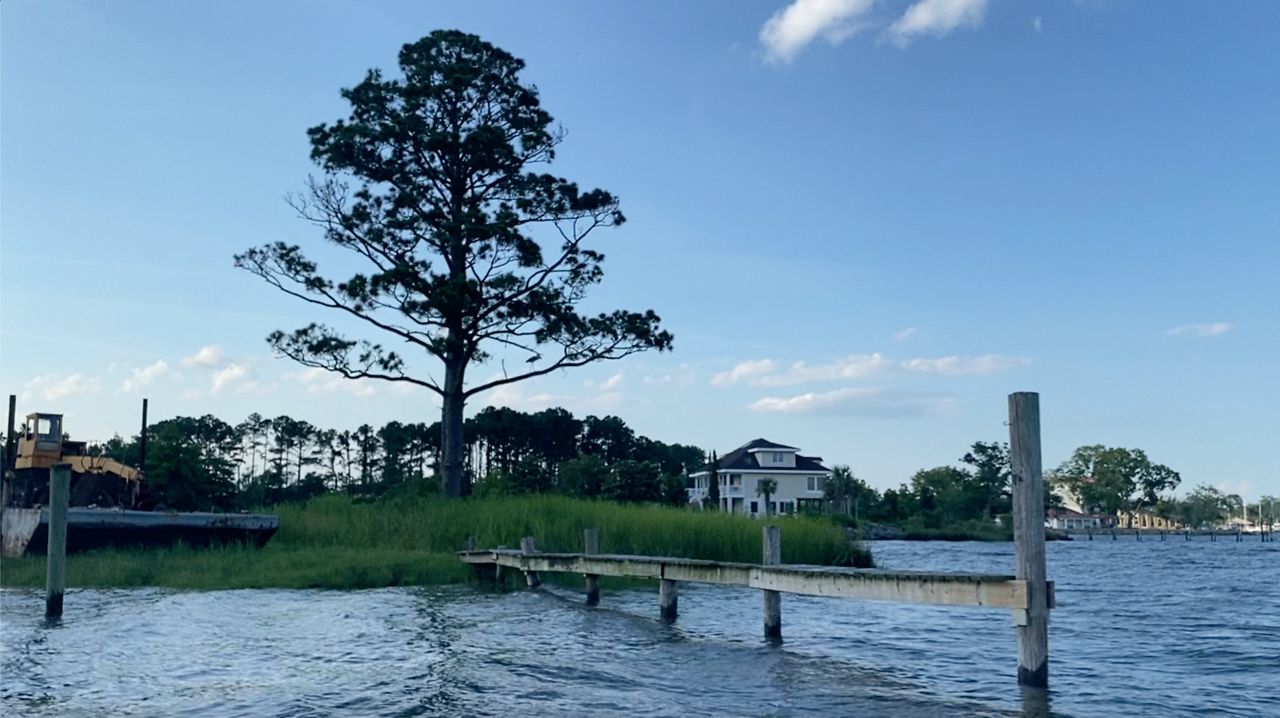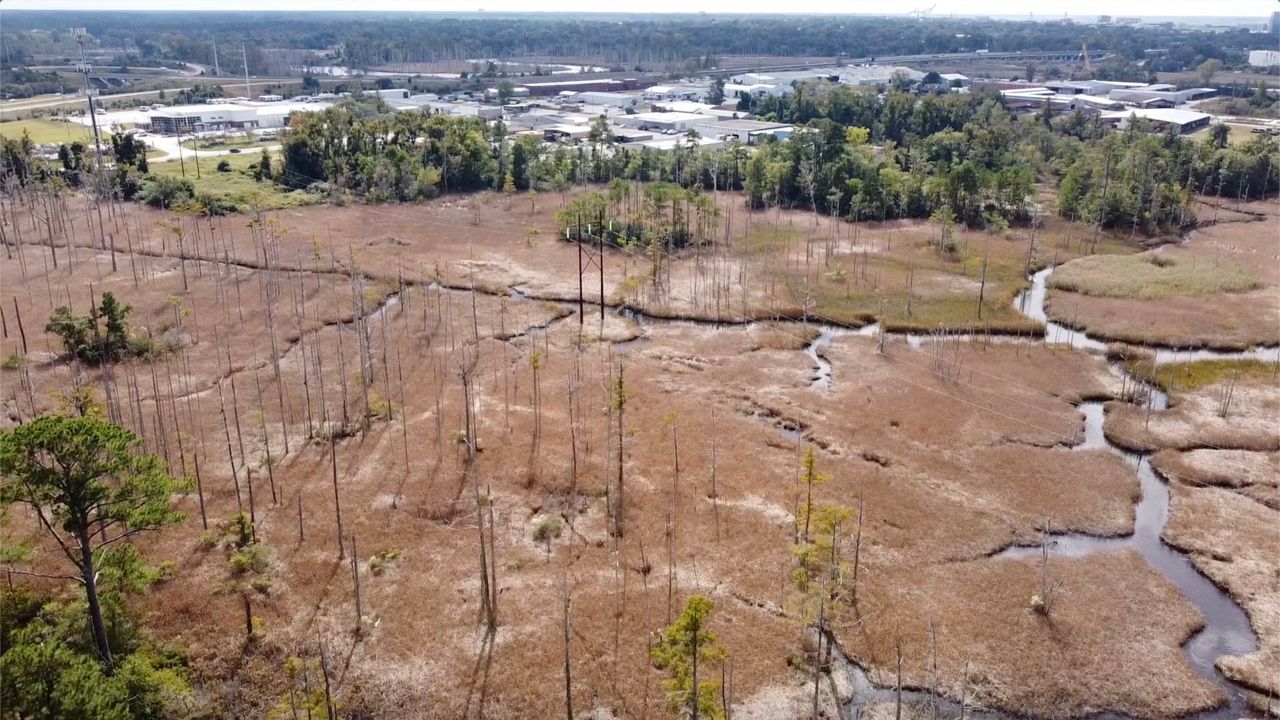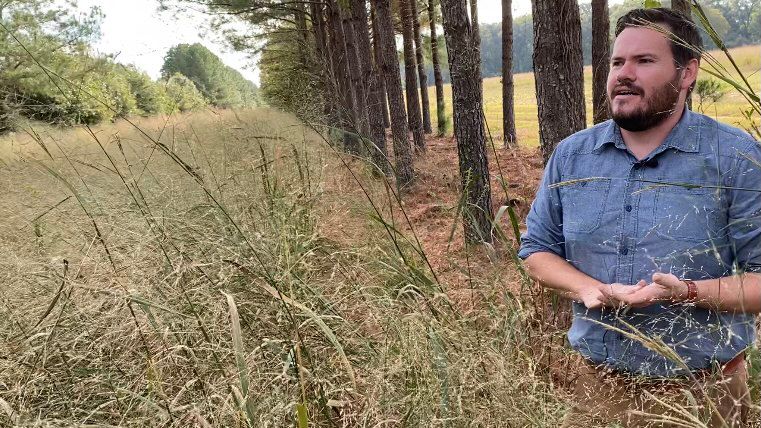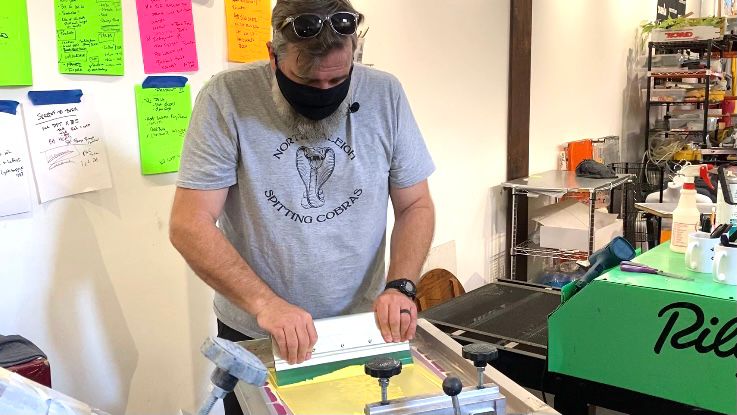ORIENTAL, N.C. — The fishing industry is an essential part of the economy in North Carolina, but some commercial fishermen say their careers are becoming increasingly difficult because of the many rules and regulations they have to follow.
Keith Bruno owns a fishing business called Endurance Seafood in Oriental, N.C. He comes from a family of fishermen, and has been fishing his whole life. However, recently he says his job looks differently.
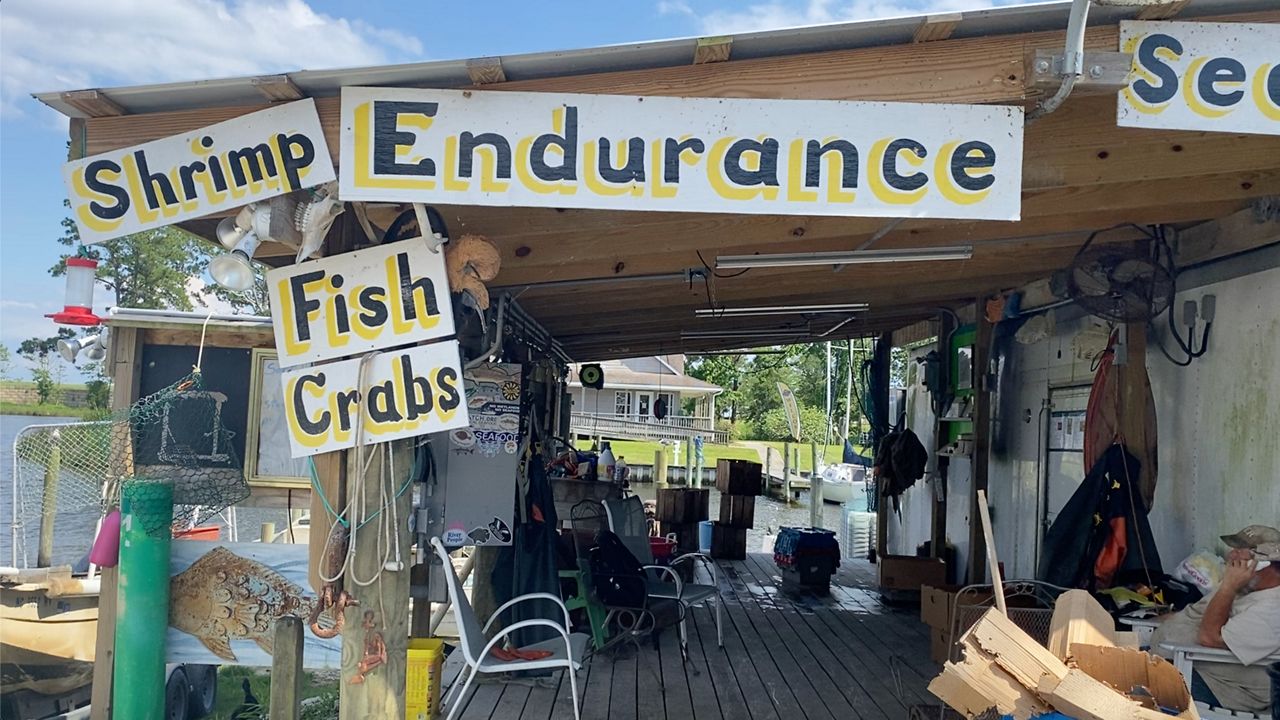
Bruno used to think of himself as a flounder fisherman. Only a couple years ago, he was allowed to catch flounder eleven months out of the year. This year he can only catch flounder for 19 days.
In 2019 the North Carolina Division of Marine Fisheries conducted an assessment and found that the southern flounder population was too small, and the removal rate was too high. In response, they approved a harvest reduction for the flounder fishery to allow flounder populations time to rebuild. The proposed reduction cut 62% of flounder fishing in 2019 and 72% in 2020 for both commercial and recreational fishermen.
Although state laws sometimes require fishing limitations like this, it forces many fishermen to switch to a different source of seafood.
“Everybody is crabbing because it's one of the few things that the government will allow us to do,” Bruno said. “[The government] doesn't always solve one problem, they shift the problem to a different species.”
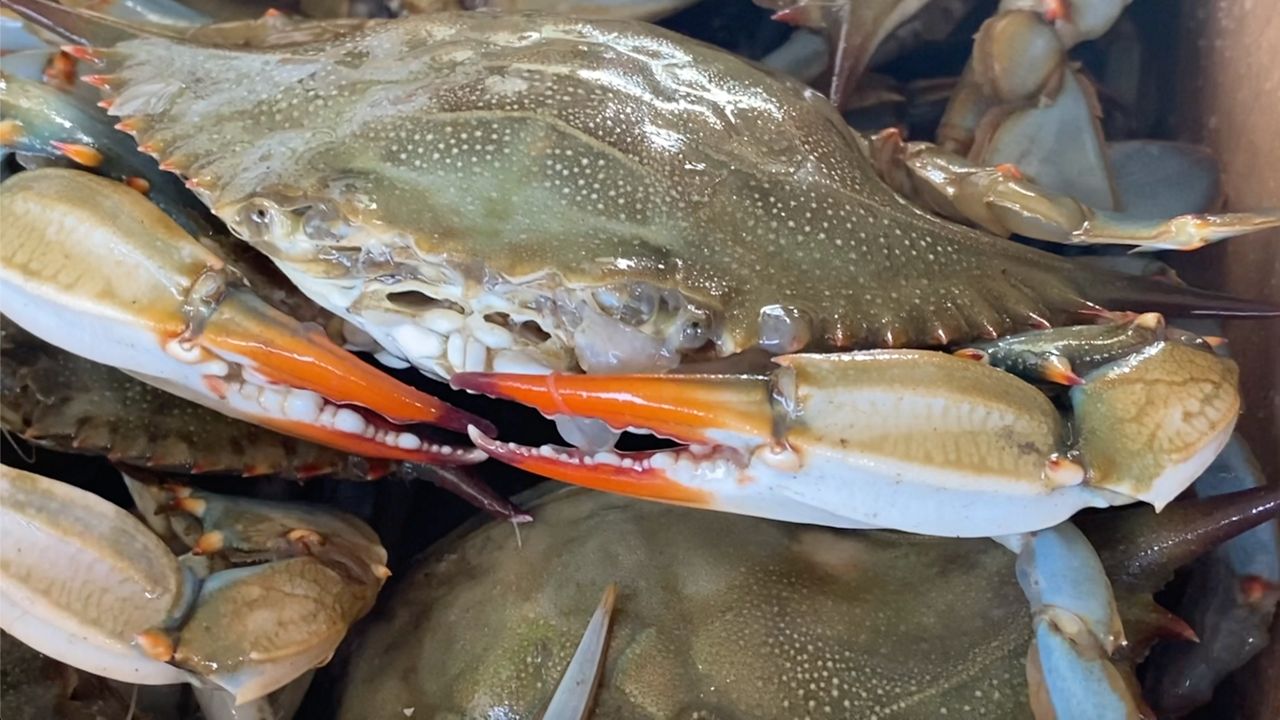
Commercial fishing is one of the most regulated industries in North Carolina. Bruno says, especially in recent years, these regulations have made it increasingly difficult for fishermen like him to make a living.
Patricia Smith, the communications director for the N.C. Division of Marine Fisheries says the division is required by law to end overfishing and rebuild stock.
“The division understand that sometimes these regulations may impact fishermen,” Smith wrote in an email to Spectrum News 1. “But the end goal is to have a better fishery for everyone in the future.”
Bruno doesn't have a problem with many of these regulations.
“I'm a huge fan of common sense regulation. I think we need common sense regulation. Sometimes we may even need a little protection from ourselves.”
However, he says keeping such a tight reign on flounder seems unnecessary. Fishermen catch lots of flounder accidentally, but they have to throw them back in the water because the state says there aren't enough.
“Maybe if we catch so many there's not as much of a problem as the state scientists think there is,” Bruno said after accidentally catching a flounder in his net.
Bruno says many young people aren't choosing fishing as a career because it's so difficult to work around the regulations.
“They're cutting 72% of a fishery,” Bruno said about the flounder regulations. “If I took 72% of your salary, could you go on doing that job? Probably not. It makes it very hard. And again it's just the opportunities that they take from us. If crabbing got bad, guys could go flounder fishing. If shrimping got bad, guys could go flounder fishing. Now that's one more opportunity that's not afforded to us. We can't go flounder fishing.”
Bruno knows there are seasons for everything, but he said he hopes the state will see the impact of these regulations have on small-scale commercial fishermen.
“Imagine if you're a postal worker and all of the sudden you can't deliver mail on this day or that day,” Bruno said. “Or you have a t-shirt business but you're not allowed to sell more than one t-shirt a day."
While North Carolina is still reliant on the fishing industry, the number of those commercial fishermen continues to drop.
Smith told us that the N.C. Division of Marine Fisheries tries to take all points of view into account by including commercial and recreational fishermen, scientists and local community members on their board.
